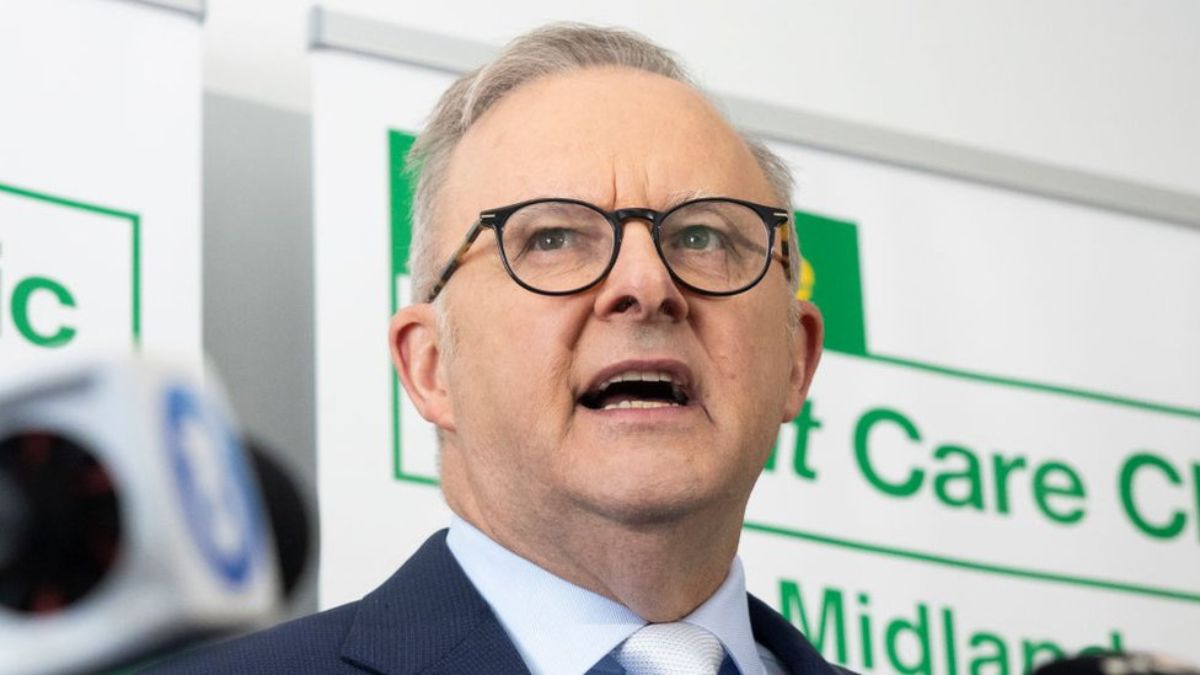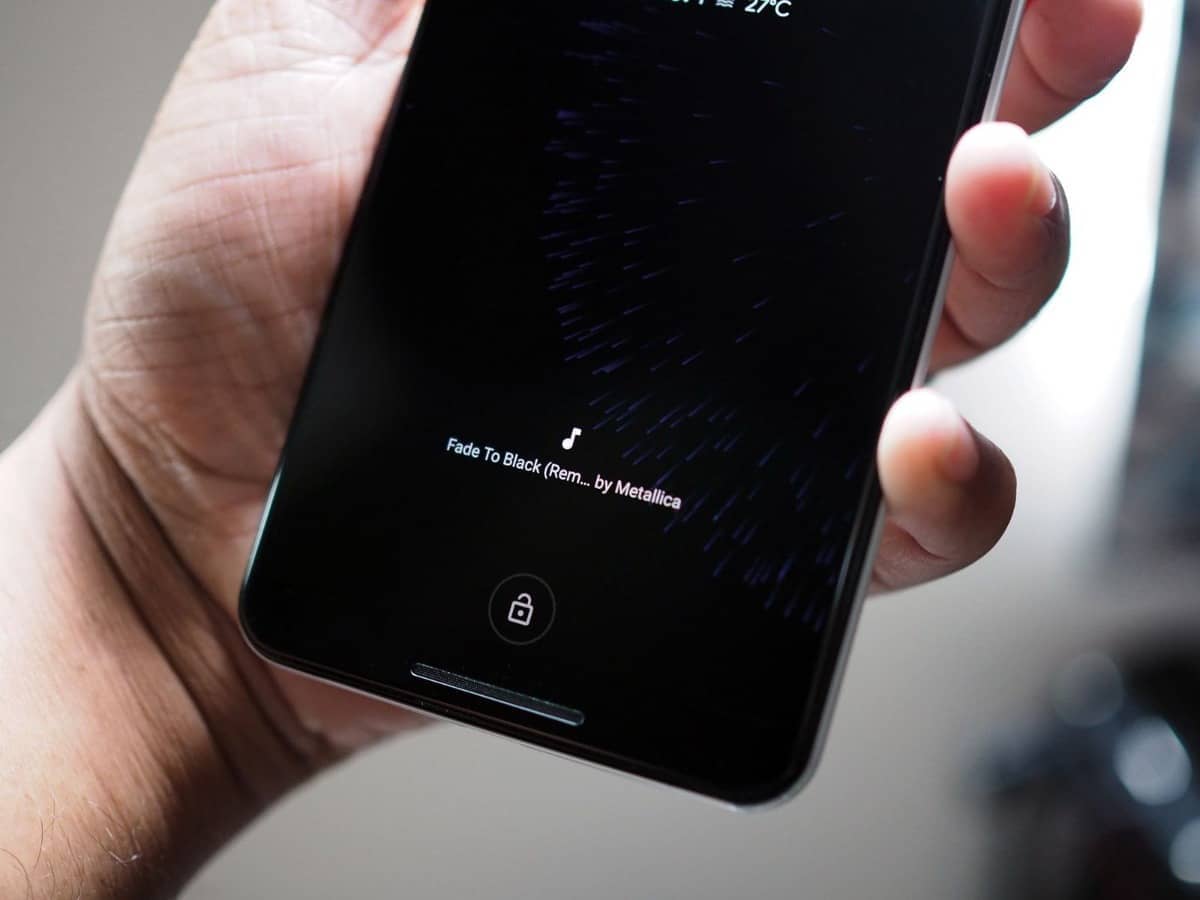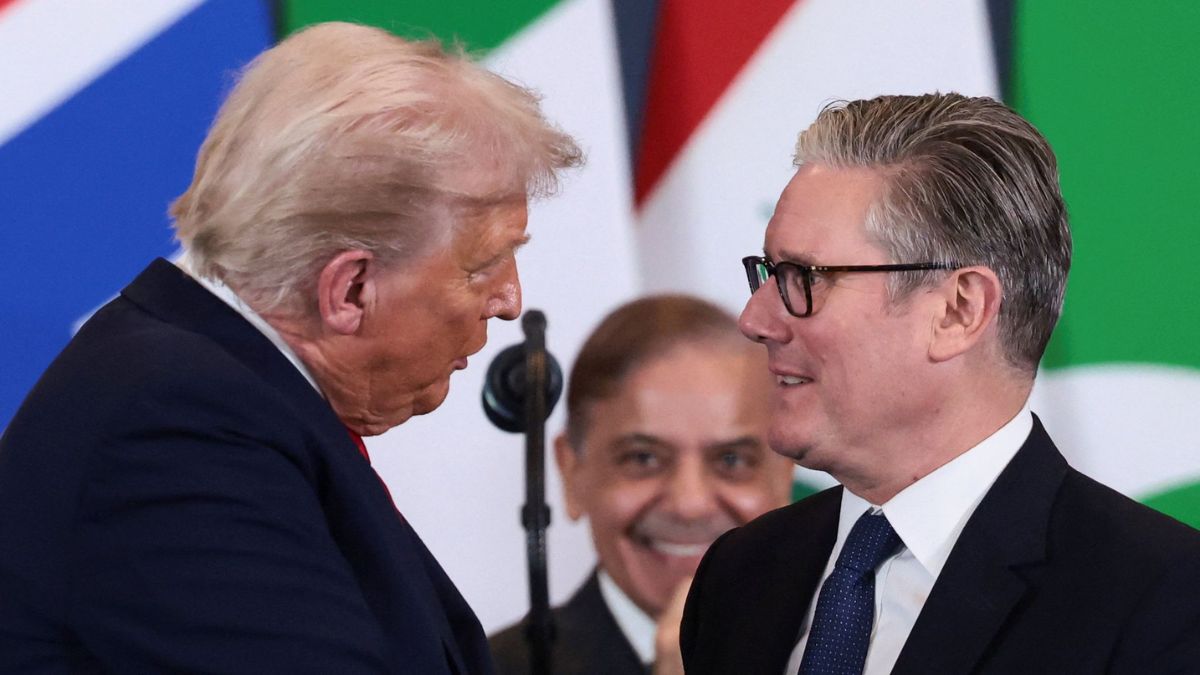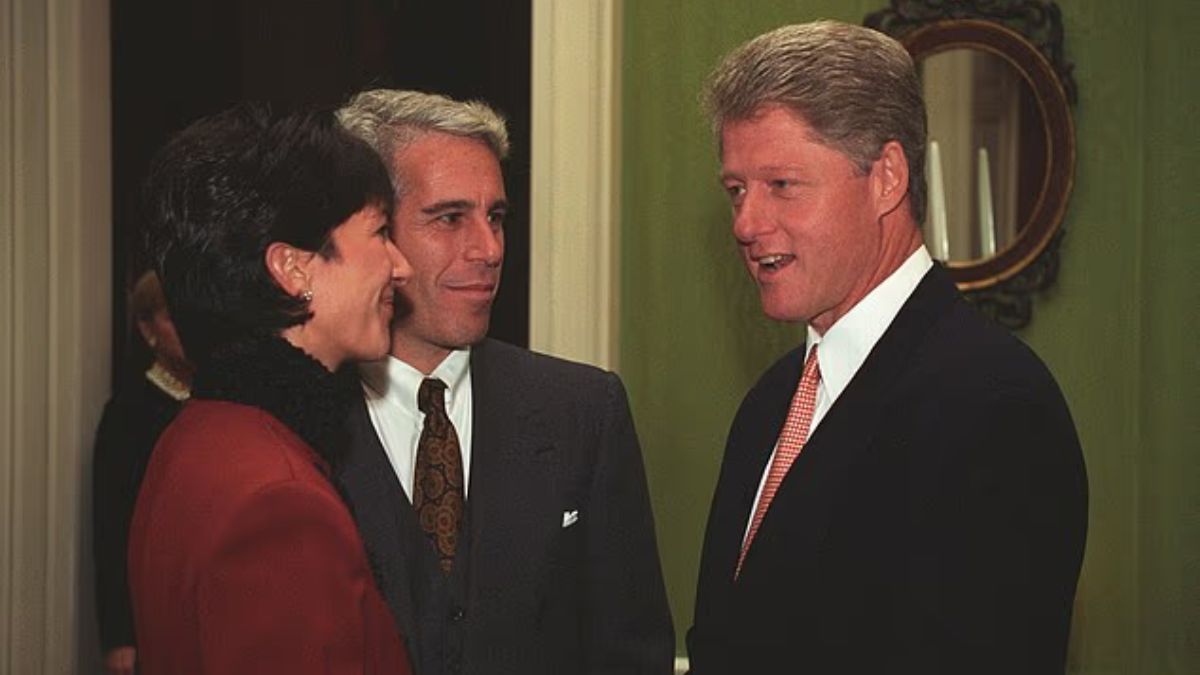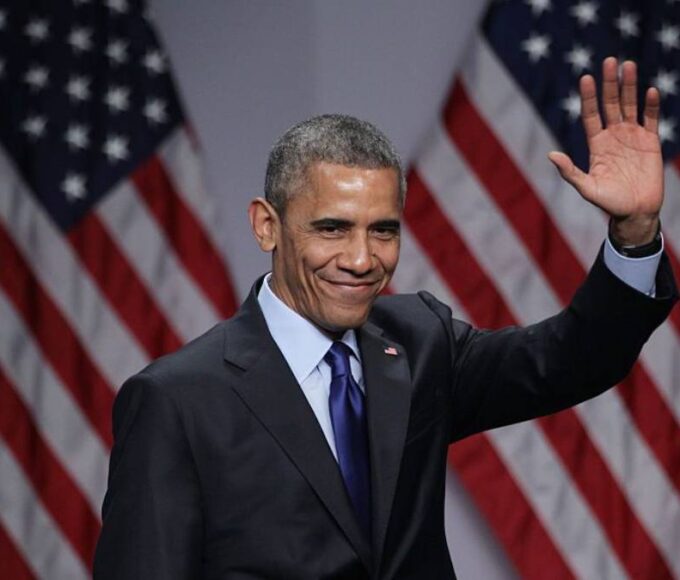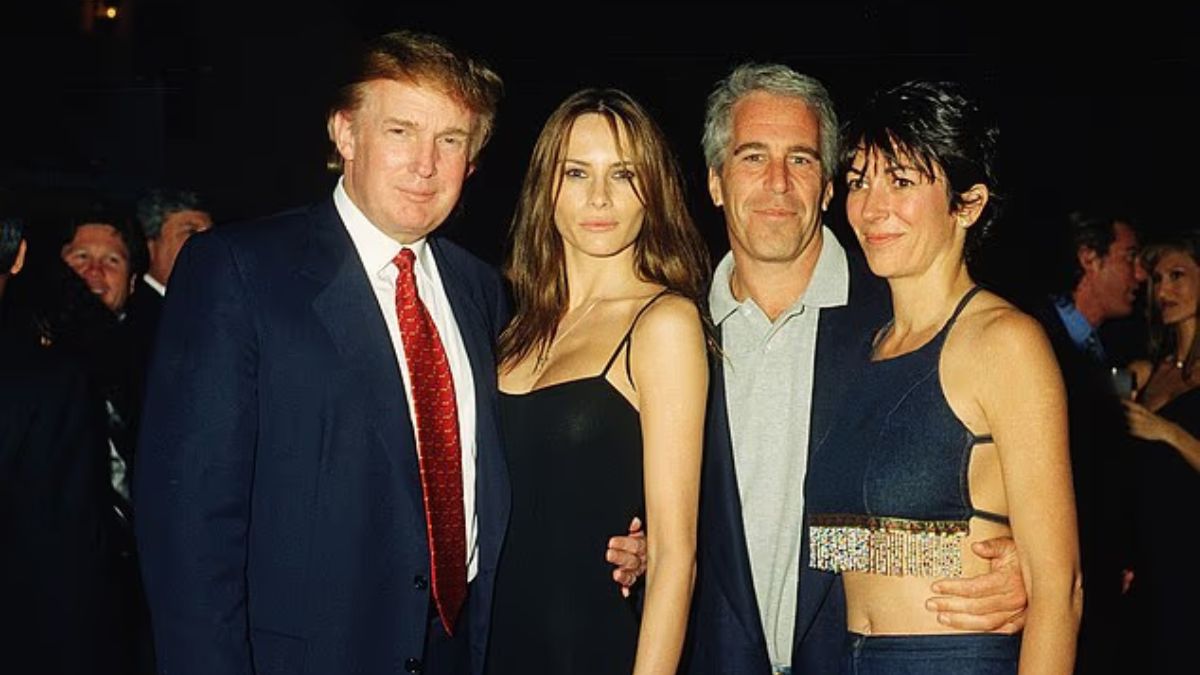Australia has been urged to take China’s growing military strength seriously, with warnings that Beijing’s actions in the Indo-Pacific could pose a threat similar to Russia’s aggression in Europe.
Dutch Defence Chief General Onno Eichelsheim, currently in Australia for the Talisman Sabre joint military exercises, made the comments in an interview with the ABC. He advised Australia to prepare for possible conflict in the region, even if the goal is to prevent war.
“You should look at the facts that are around you,” General Eichelsheim said. “If you see China building up, take it seriously and get ready for something that you hope will never happen.”
The warning comes as Prime Minister Anthony Albanese continues efforts to improve diplomatic and economic ties with China. Last week, he visited Shanghai, Beijing, and Chengdu to promote trade, tourism, and research partnerships.
Some experts have compared Australia’s approach to China with Europe’s previous strategy toward Russia—using economic interdependence to avoid conflict. However, that strategy failed when Russia invaded Ukraine in 2022.
When asked by reporters in China whether his government was taking a similar risk with Beijing, Mr Albanese rejected the comparison.
“Our relationship is very different,” he said. “I don’t think you can translate one thing across some other part of the world of which Australia is not a participant.”
Despite these assurances, concerns are rising due to China’s recent military activities. The US Department of Defense reports that China’s operational nuclear warheads reached over 600 by mid-2024—nearly three times the estimated number in 2020. China has also conducted regular military drills around Taiwan, raising tensions in the region.
The Trump administration has called on Australia to increase defence spending to 3.5% of GDP, warning of an “imminent” threat to the Indo-Pacific.
Deputy Prime Minister and Defence Minister Richard Marles has acknowledged the situation, saying China’s build-up is causing “security anxiety” in Australia. However, the Albanese government has so far resisted calls to significantly raise military spending.
General Eichelsheim pointed out that increasing military capabilities is more important than focusing only on spending percentages.
“It’s not about the percentage, it’s about the capabilities,” he said. “But inevitably, I think Australia has to increase its capabilities as well, if you look at the region and China’s build-up.”
The Dutch military recently committed to raising its defence budget to 5% of GDP, aligning with most NATO countries. Eichelsheim noted that Australia is already assisting Europe, particularly through support for Ukraine, and may need to do more both regionally and globally.


